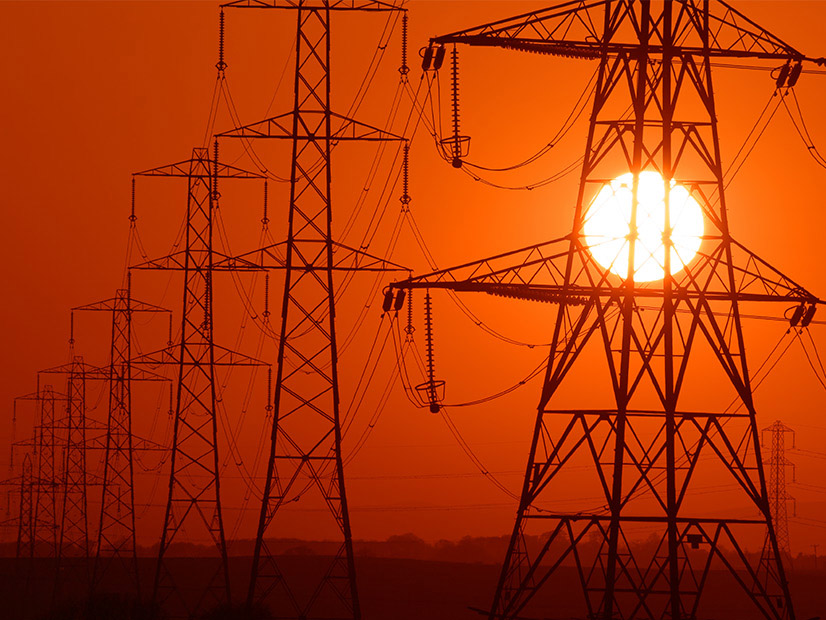FERC expanded its series of orders directing refunds for premiums earned in the Western heat wave of August 2020 by telling ConocoPhillips (NYSE:COP) and Direct Energy on Friday to return excess money they made on sales in scarcity conditions.
In Direct Energy’s case, FERC said the Houston-based energy retailer had failed to justify 25 MW in sales to Macquarie Energy for $1,500 MW/h, higher than the average index price of $1,333 MW/h at the Mead Hub in southern Nevada on Aug. 18, 2020 (ER21-64).
“We find that Direct Energy has not provided adequate justification for the amount charged above the index price, and, therefore, we direct Direct Energy to refund amounts charged above the average index price for the sale at issue within 30 days of the date of this order,” FERC wrote.
In ConocoPhillips’ case, the company had justified its August 2020 sales at its “cost of energy purchased, but it has not justified the amounts charged above [that cost],” FERC said (ER21-40).
ConocoPhillips contended two sales to Arizona’s Salt River Project on Aug. 17-18 were sleeve transactions it facilitated between a third-party seller and the utility. ConocoPhillips charged far more than it paid for the energy, which it said reflected operational costs and the heightened risks from record heat, wildfires, transmission outages and the potential for nonperformance by the parties at the time.
SRP argued the sales were not sleeve transactions under FERC’s definition, in which “an entity acts as an intermediary counterparty to accomplish a sale between two other counterparties who may not be set up to transact with each other using common enabling agreements (such as the Western Systems Power Pool (WSPP) or Edison Electric Institute agreements) or who may not meet credit requirements.”
The utility said the parties were members of WSPP that could use its common enabling agreement, and it pointed out that it had a credit rating of AA+ from S&P Global Ratings when the transactions occurred.
Even if the sales were sleeve transactions, the fees ConocoPhillips charged were far more than the “nominal” add-ons allowed by FERC in such cases, SRP said.
“According to Salt River, ConocoPhillips cannot credibly report to the commission that these transactions were sleeve transactions with nominal fees, nor attest reasonably to the commission that the amount it charged above cost, which is vastly higher than a nominal fee, should apply to its transactions during August of 2020 due to heightened risks,” FERC wrote.
The commission agreed.
“While the record in this proceeding indicates that ConocoPhillips acted as an intermediary in obtaining energy Salt River sought to purchase and then selling that energy to Salt River, [our previous guidance on sleeve transactions] was specific in its description of the circumstances in which a transaction involving an intermediary qualifies as a sleeve transaction, and ConocoPhillips has not demonstrated that those circumstances are present here,” FERC said.
“Specifically, ConocoPhillips has not demonstrated that it collected only a nominal fee in acting as an intermediary counterparty to accomplish a sale between two other counterparties,” it said.
The decisions were the latest in a total of 21 cases in which sellers had to justify prices they charged above WECC’s soft price cap of $1,000 MWh during the record-setting Western heat wave that caused rolling blackouts in CAISO and strained the grids in Arizona, Nevada and other states. (See FERC Orders More Refunds from 2020 Western Heat Wave and Sellers Urge FERC to Raise WECC Soft Price Cap.)
So far, the commission has decided 10 of the cases, ordering refunds in all. It also has denied motions by some of the parties to raise WECC’s soft price cap to $2,000/MWh, the same as CAISO’s, saying the matter was beyond the scope of the proceedings.
Commissioner James Danly has dissented in each case, saying FERC lacks the legal authority to interfere in contracts between willing buyers and sellers that do not harm the public interest.



